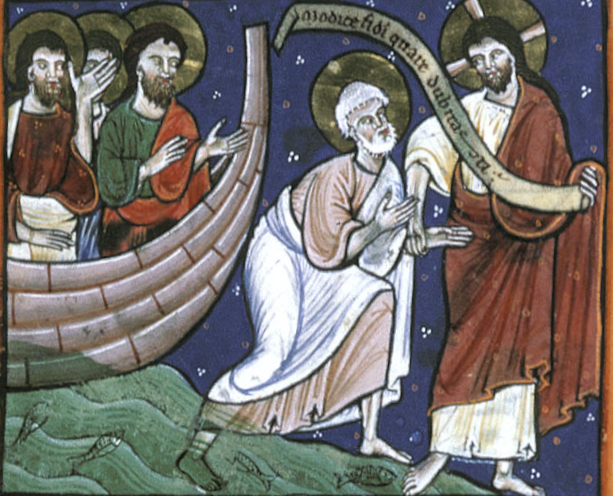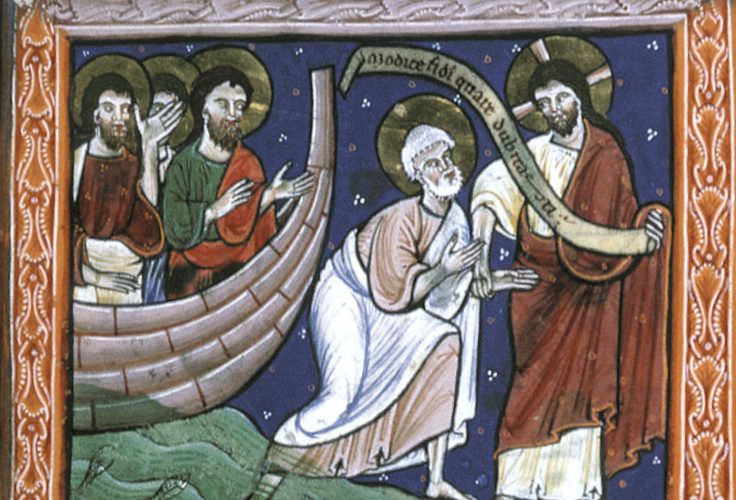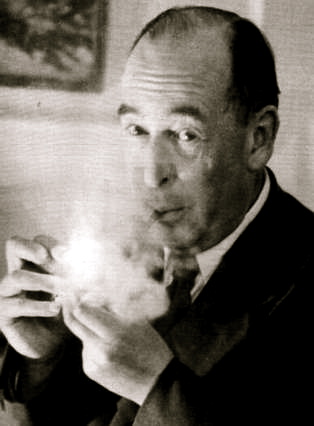This essay was written as part of the outreach program of The Episcopal Church of the Good Shepherd in Lexington to continue to minister to our community in this time of uncertainty and “social distancing” that requires not meeting in person. For essays by my friends and colleagues go to “Calming the Storm.”
“If you confess with your lips that Jesus is Lord and believe in your heart that God raised him from the dead, you will be saved. For one believes with the heart and so is justified, and one confesses with the mouth and so is saved.” (Rom. 10:9-10)
This past month has been a very active one for me, and in ways I did not expect. We are, of course, getting ready for a new semester at the University of Kentucky, trying to figure out how to bring everyone back safely for the residential experience that college is supposed to be. It won’t be. At least, it won’t be what we have come to expect as normal, but it will be a gathering of community for a common purpose: to learn and grow.
It also won’t be perfect. At the university, we have made every effort to come up with a plan of testing and caring for our students, faculty, and staff so that we can return, in some way, to our purpose of education. But we know it won’t be perfect. For one thing, it is a lot to expect college students to obey the guidance to not gather in groups of ten or more and to remain at least six feet apart, wearing a mask all the time. It’s a lot to expect of anyone, as we see around us every day.
It is also a lot to expect people to admit to their own ignorance and uncertainty. In letters to the editor, Tweets, and Facebook postings, people assert complete confidence in their view of how it will all work out; or, more often, their complete confidence that it will NOT work out. As with so much of life, the challenge is to learn to live with uncertainty. We don’t do that very well.
This is a truth is that COVID has brought into stark relief. This lack of control and certainty is the reality of life that we rarely face and that we do not want to acknowledge because it betrays our lack of knowledge and dominance of the world. We don’t know what will happen in life. And yet we still must live this life.
We only really acknowledge this at certain moments when we are given no choice but to confront the future, say preparing for marriage or the birth of a first child. We want to know with certainty that we can put up with this person for the rest of our lives, to be confident that we will be together through “sickness and health.” Before we contemplate bringing children into the world, we want to know that they will be healthy, that we can make and keep them happy, and that their success will be guaranteed. And when we reflect on the nature of life, even for a moment, we realize that there is no certainty of success. Yet we are called to be faithful to one another, through it all.
Faithfulness, whether that is in a marriage, a family, or a community, is about living together in the confidence that your partner will be there for you and will have your best interests in mind. Being a faithful means loving your neighbor as yourself, to borrow a phrase. Of course, we cannot predict the physical, economic, and emotional future of this life! But we can choose to be persistently present for one another, no matter what may come. This is no less true in our spiritual lives. We are called to remain faithful and persistent, but that doesn’t mean it will be easy or without moments of doubt and struggle.
In the last few years, I have finally begun to achieve a simple discipline that has alluded me for most of my adult life. Nearly three decades ago, I decided I would regularly read Morning Prayer, but it was not until just a few years ago that it began to stick. A central and unchanging part of that worship service is the recitation of the Apostle’s Creed. “I believe in God, the Father almighty, creator of heaven and earth.” In the creed, we succinctly state the foundational beliefs of the Christian faith: Creator, Son, resurrection, and life everlasting. Hardly a day goes by that when reciting one element or the other I don’t say quietly in my mind, “Really?” And that’s OK.

Doubt and uncertainty are all part of living this life. We should not expect that to be any different in our spiritual life, especially when the claims of God and Scripture are … exceptional, to say the least. Questioning the resurrection or wondering about conception of Jesus does not make us unfaithful, it makes us normal, thoughtful, and inquisitive. We do not have to be 100% certain 100% of the time about anything, but we do need to remain faithful, consistently and persistently being present. When we step forward in such faith, aware of the wind and waves and yet undaunted, we will endure.
Be faithful: consistently and persistently present.





